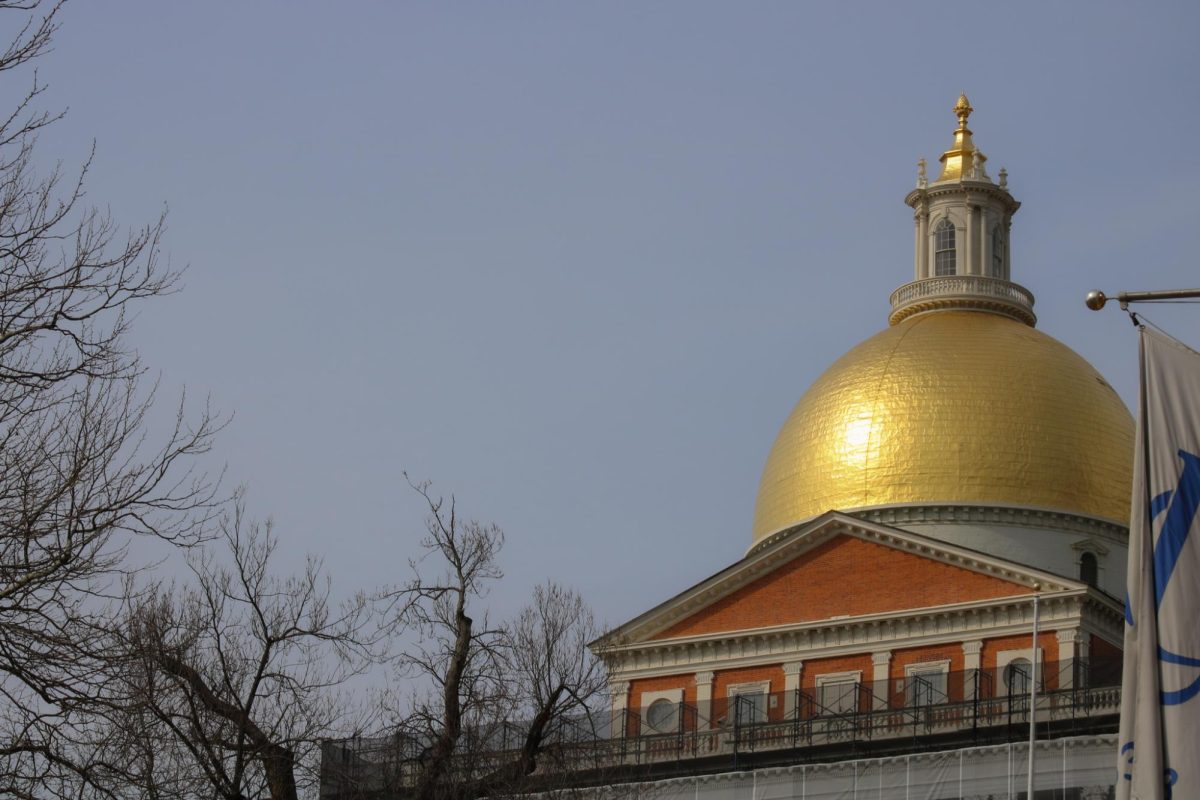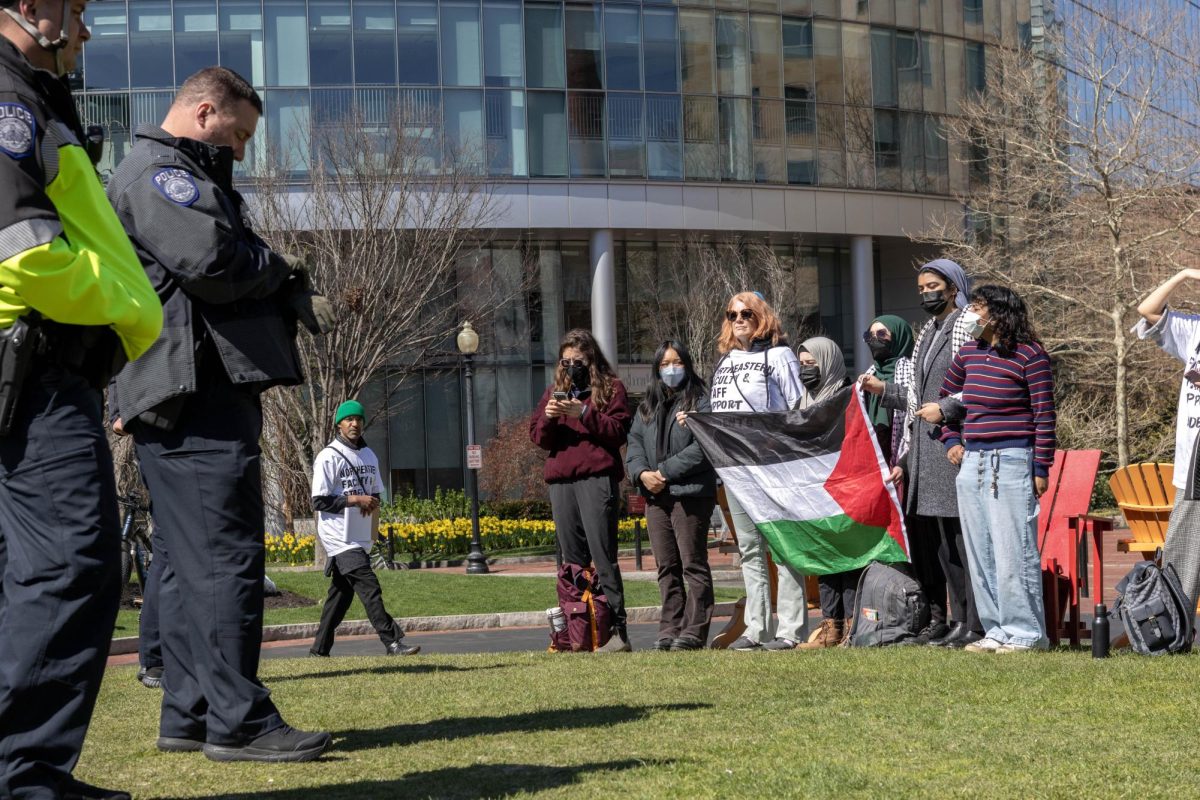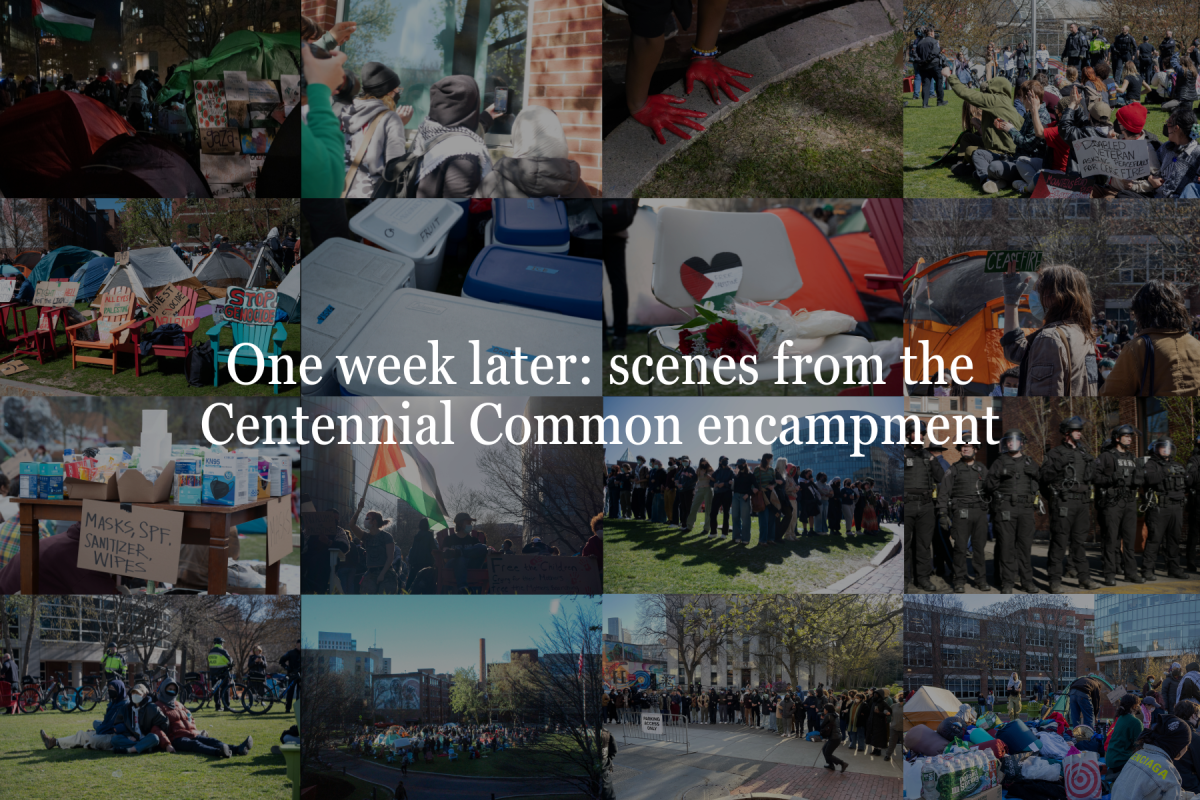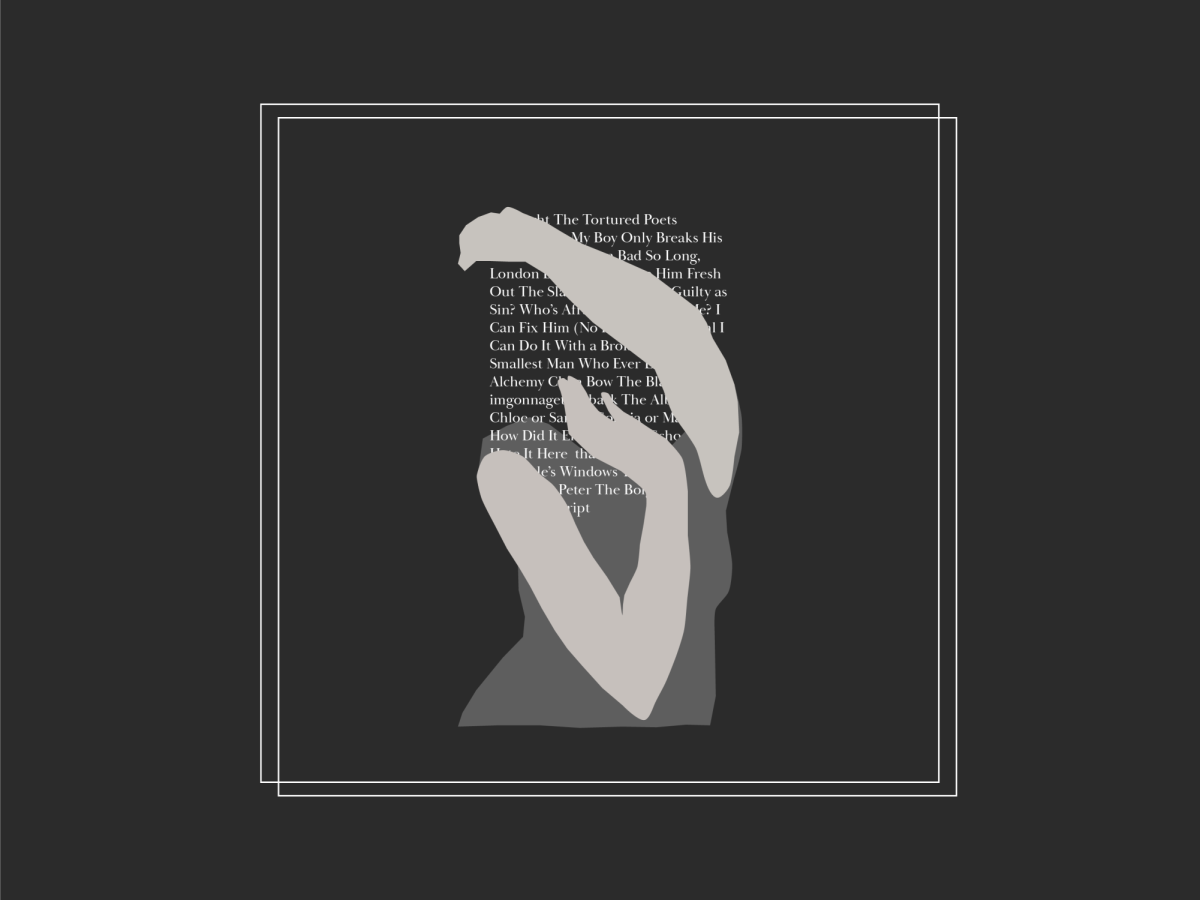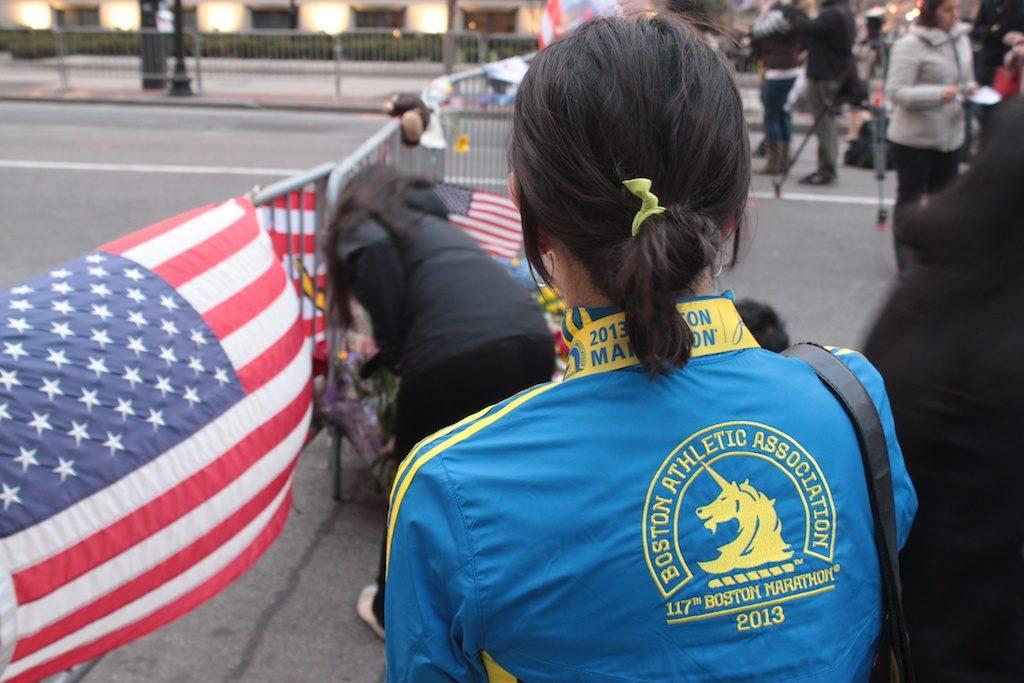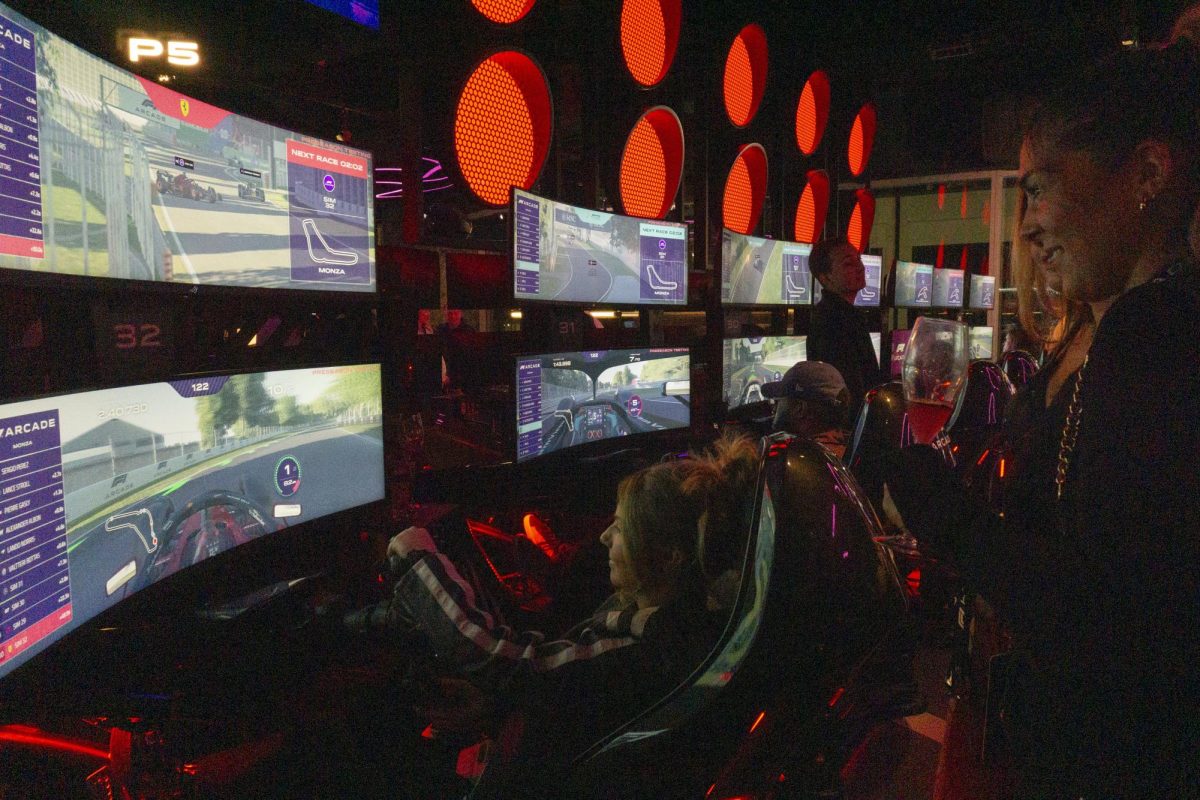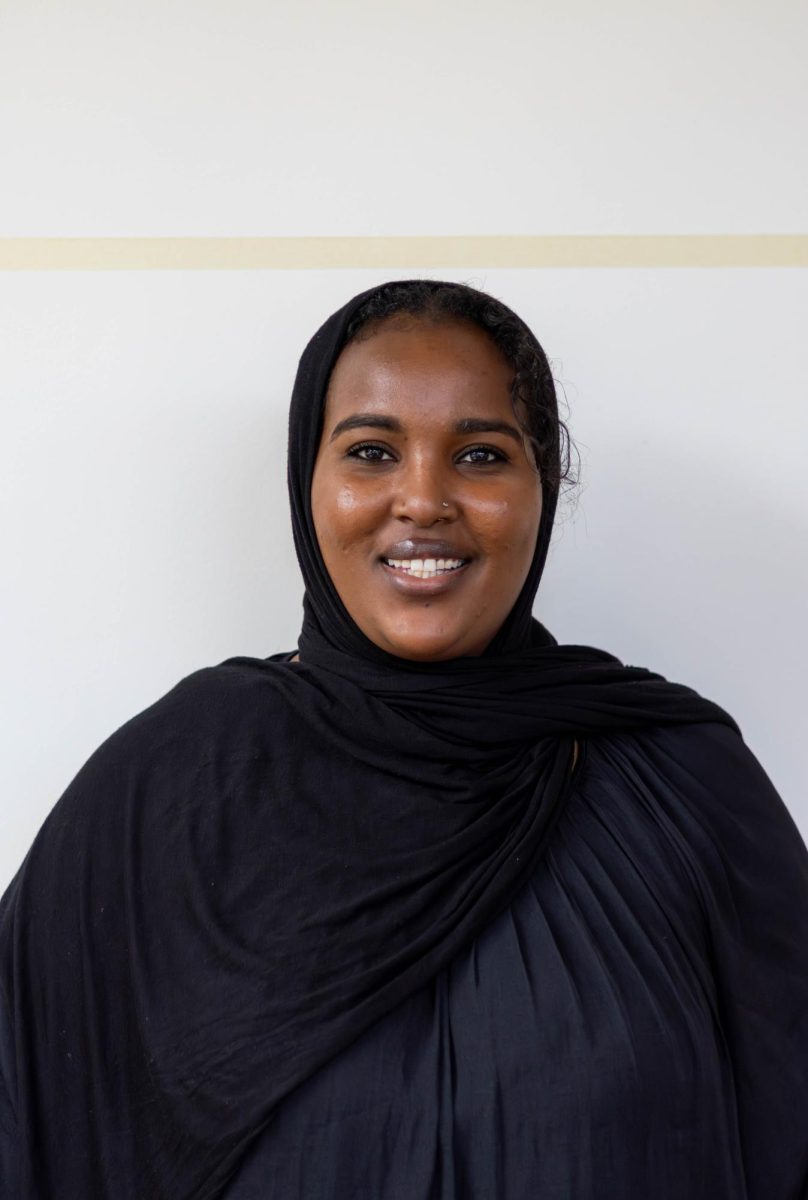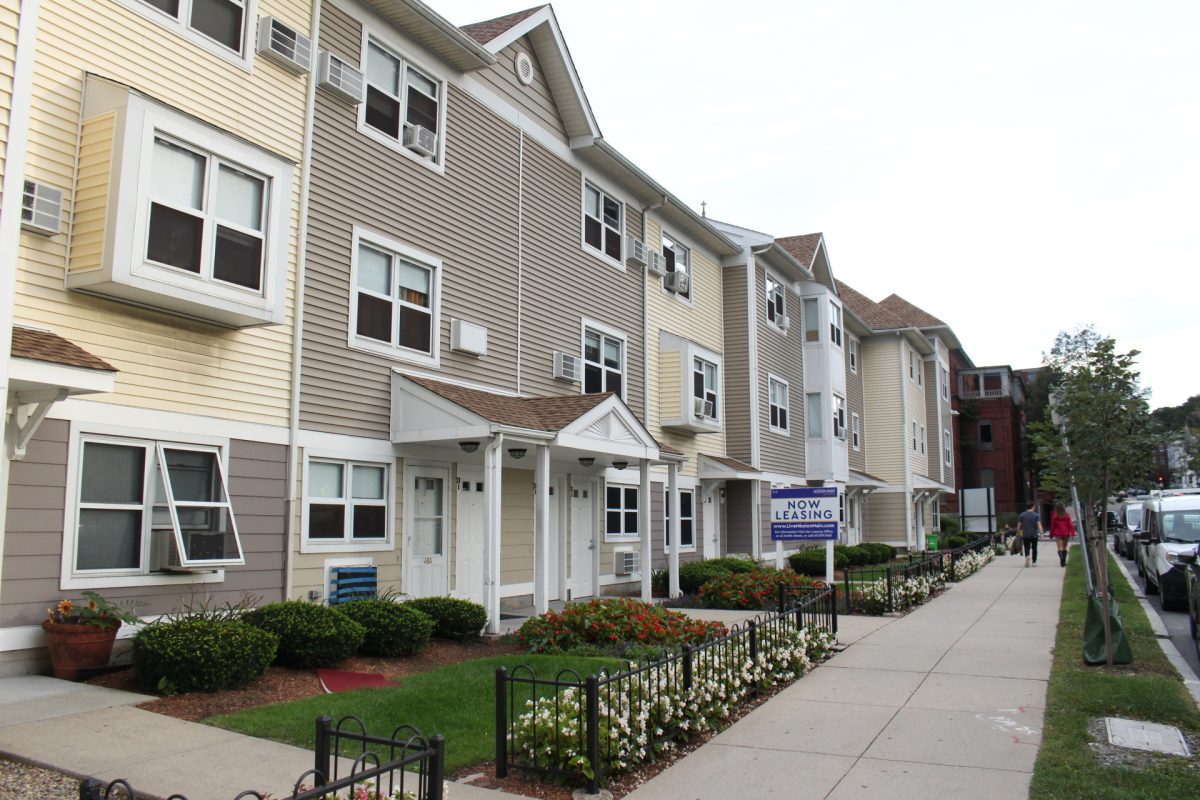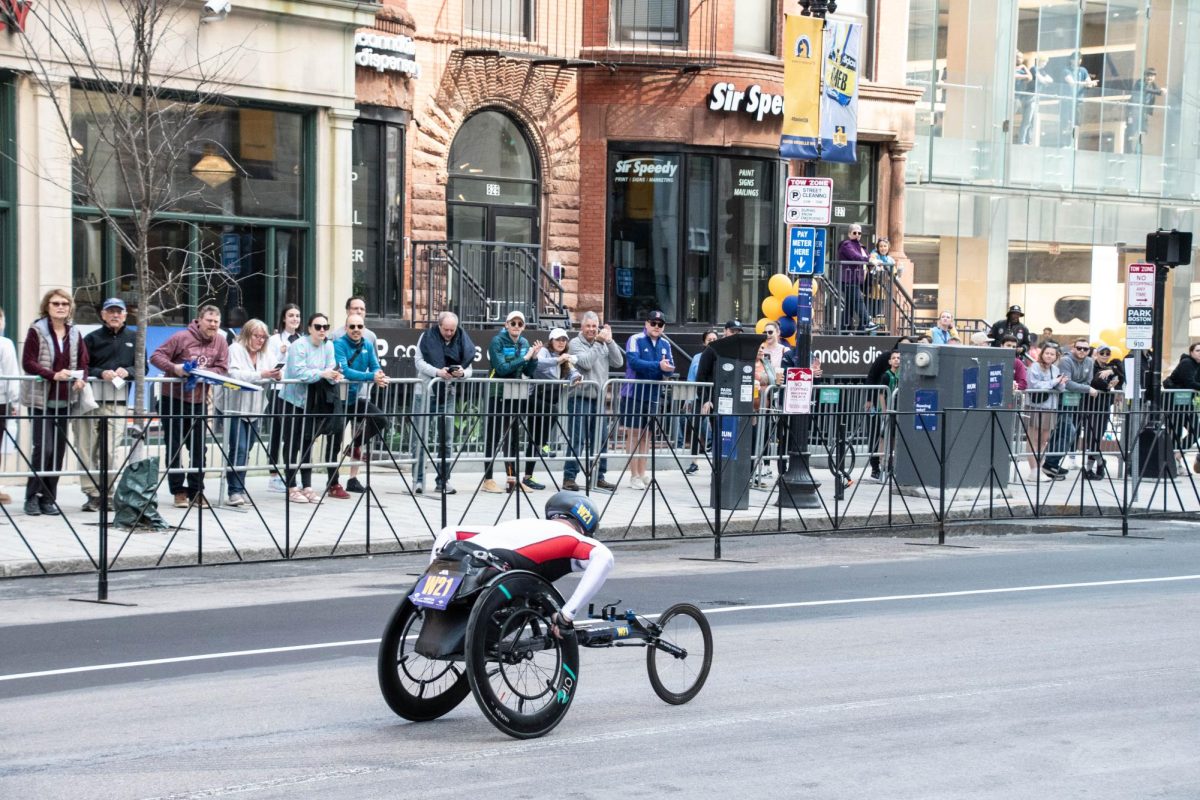By Jose Castillo, news correspondent
Since Monday, Jan. 5, pre-selected groups of 200 individuals have packed the Moakley Federal Court Building in order to fill out surveys that will determine whether they are fit to judgeDzhokhar Tsarnaev, a 21-year old former University of Massachusetts at Dartmouth student accused of detonating two homemade pressure cooker bombs near the finish line of the 2013 Boston Marathon.
Federal Judge George A. O’Toole, Jr. will oversee the jury selection, which consists of selecting 12 jurors and six alternatives from a pool of over 1,200 people. During the initial surveys, O’Toole informed potential jurors of their duties if selected and warned each one to steer clear of media coverage of the trial, as a determined verdict should only be a result of evidence and testimonies presented in court.
“[Dzhokhar Tsarnaev] seemed like a cool guy, normal kid,” Carter Doyle, a freshman mechanical engineering major who attended class with Tsarnaev at Cambridge Rindge and Latin School, said. “He had a lot of friends and was on the wrestling team.”
Tsarnaev, who was present atMonday’s jury selection, pleaded not guilty to the 30 charges he faces, from damage of public and private property to use of a weapon of mass destruction.
Along with his elder brother Tamerlan, Tsarnaev is accused of being responsible for the deaths of three spectators along with the injuries of 260 more onlookers during the Boston Marathon on April 15, 2013.
After an intensive investigation conducted by the FBI, the Tsarnaev brothers were identified as prime suspects, and a massive manhunt was launched. The manhunt ended four days later on April 19, when Dzhokhar Tsarnaev was discovered hiding in a boat parked in the backyard of a house in the suburb of Watertown. The manhunt and chase resulted in the death of both Tamerlan Tsarnaev and Massachusetts Institute of Technology campus police officer Sean Collier.
Of the 30 charges Dzhokhar Tsarnaev faces, 17 of them carry the death penalty, which United States Attorney General Eric Holder has announced the prosecution will seek.
The prosecution’s decision to seek the death penalty is a major factor in the length of this trial.
Trials concerning the death penalty must be meticulous, due to possibility of lengthy appeals that could occur if not all precautions are taken.
In 2011, serial killer Gary Lee Sampson was able to appeal the death penalty after it was discovered that a juror had lied during a selection interview. Within the ongoing jury search, potential jurors may be dismissed if they hold an absolute opinion regarding the death penalty. While the prosecution has to keep this in mind when choosing jurors, the defense has a greater issue to face: selecting jurors from the city in which the bombing took place.
“[After the bombings], the city seemed unified, very patriotic, which was very unusual,” Doyle said. “It will be hard-pressed to find someone who isn’t unbiased, but I guess that’s the purpose of jury selection. But, I mean, even if you can’t find someone who isn’t biased, they should be able to put their bias aside and make a decision based on the facts.”
The state of Massachusetts removed the death penalty in 1984. However, according to a poll conducted by the Boston Globe, 62 percent of residents would want to see Tsarnaev put to death if found convicted. Another poll conducted by the University of Massachusetts states that 54 percent of residents would be on board with a death penalty decision. Former Boston mayor Thomas Menino, despite being against the death penalty himself, argued that Tsarnaev should receive no less, according to CBS Boston.
Freshman computer science and business administration major Kurran Singh, on the other hand, rejects the notion that Tsarnaev should receive the death penalty.
“No crime warrants the death penalty,” Singh said. “We are a civilization, and we should not stoop down to their level.”
Singh is a resident of Massachusetts and has connections to many who were affected by the bombings.
Others, including Tsarnaev’s former classmate Doyle, disagree.
“If a crime is bad enough, I do agree with the death penalty, [and in this case] yes, I do,” Doyle said.
Tsarnaev’s defense team, which includes defense attorney Judy Clarke, famous for defending notorious criminals such as Theodore Kaczynskithe “the Unabomber,” has taken major steps in order to provide the best case possible for Tsarnaev. Not only does the defense worry that holding the trial in Boston will not be able to provide an unbiased jury, since the trial will take place less than two miles away from the bombing sites on Boylston Street.It has also asked for more time to prepare Tsarnaev’s case. Despite the potential length of the trial, the defense is still very much concerned about its time span. According to the defense, the trial is beginning more quickly than most of the federal death penalty cases throughout the last ten years.
O’Toole has rejected both of the defense’s pleas. However, he holds the right to change his mind concerning location if finding a jury in Boston provides to be a problem. Such was the case in the trial of Timothy McVeigh, for example, the man behind the Oklahoma City Bombing in 1995. His case was relocated to Denver after Oklahoma City was seen as unfit to hold a proper trial.
The prosecution has prepared intensively for the case, already submitting over a hundred items of evidence and collecting an arsenal of over 700 witnesses to testify.
“At first, a lot of people were confused, no one assumed it was [a] bomb, then once people said it was a bomb, people started to run, but a lot of places were closed off, and everyone looked scared, even the police,” recollects Nicole Giroux, a freshman architecture major at Wentworth Institute of Technology. Giroux was at Newbury Street at the time of the second bombing.
Despite being amidst the chaos, Giroux does not believe Tsarnaev should receive the death penalty.
“I think it was built way out of proportion, and everyone is willing to say ‘death penalty’ but haven’t really listened to all the facts,” Giroux said.
The jury selection should take up to three weeks, with the second phase beginning Thursday. Then, O’Toole will have face-to-face interviews with potential jurors, seeing 40 a day.
According to O’Toole, the trial should begin on Jan. 26, with testimonies starting in February. The trial will be split into two parts. The first will determine whether Tsarnaev is guilty of the charges he faces, and the second will determine his ultimate fate. Tsarnaev will only be put to death if the 12-person jury unanimously elects to do so. Otherwise, if convicted, he will be sentenced to life without parole.
A decision is expected in late spring or early summer.
Photo by Taylor Dobbs, news staff


